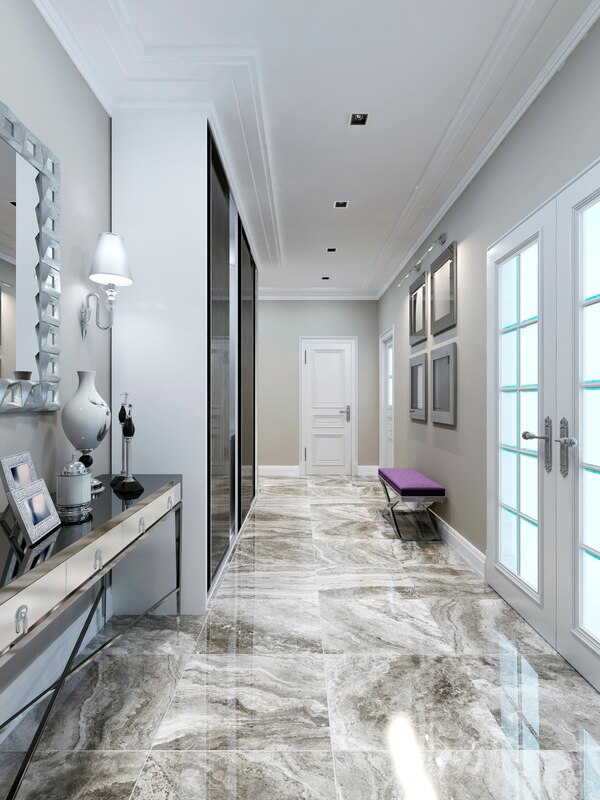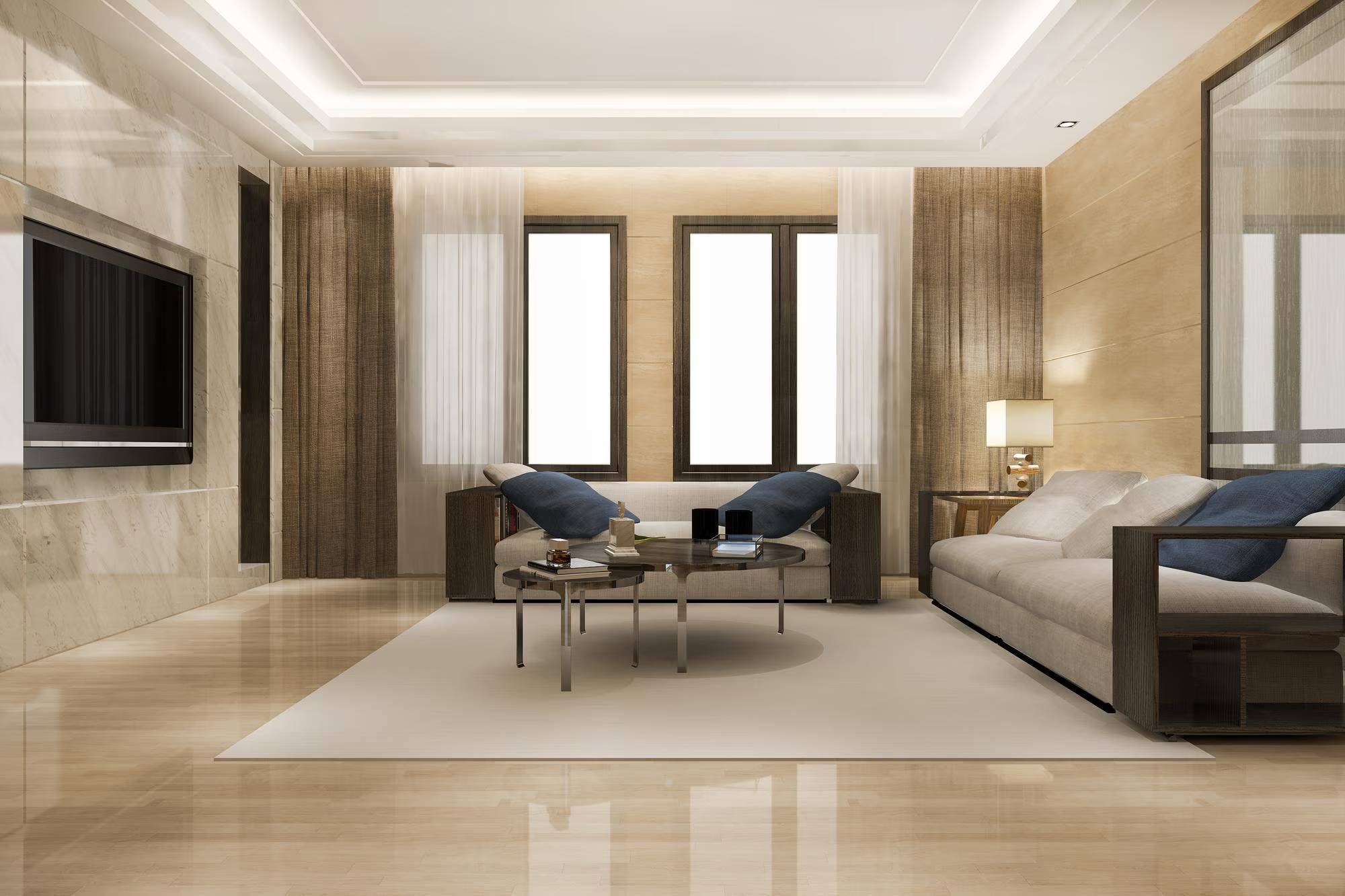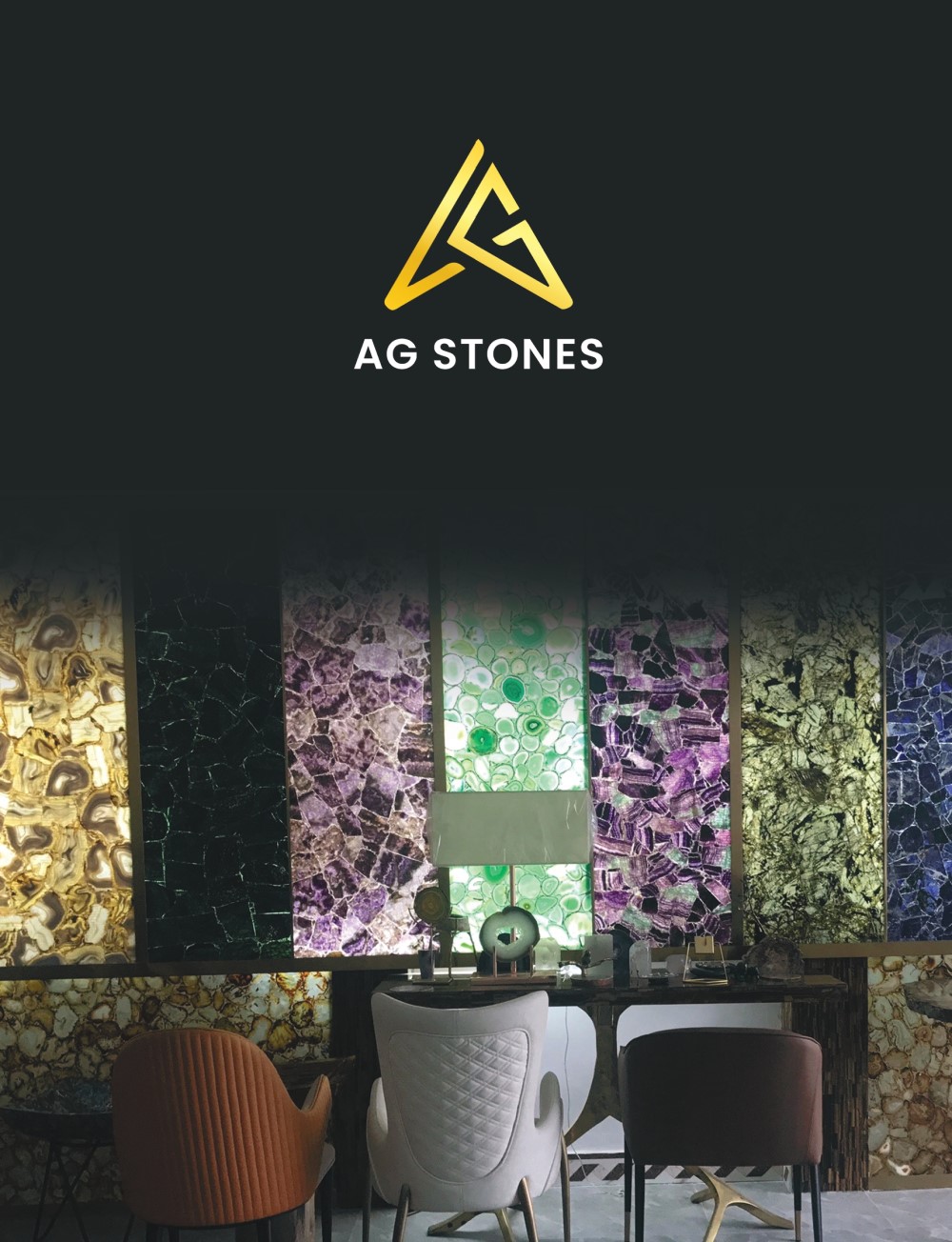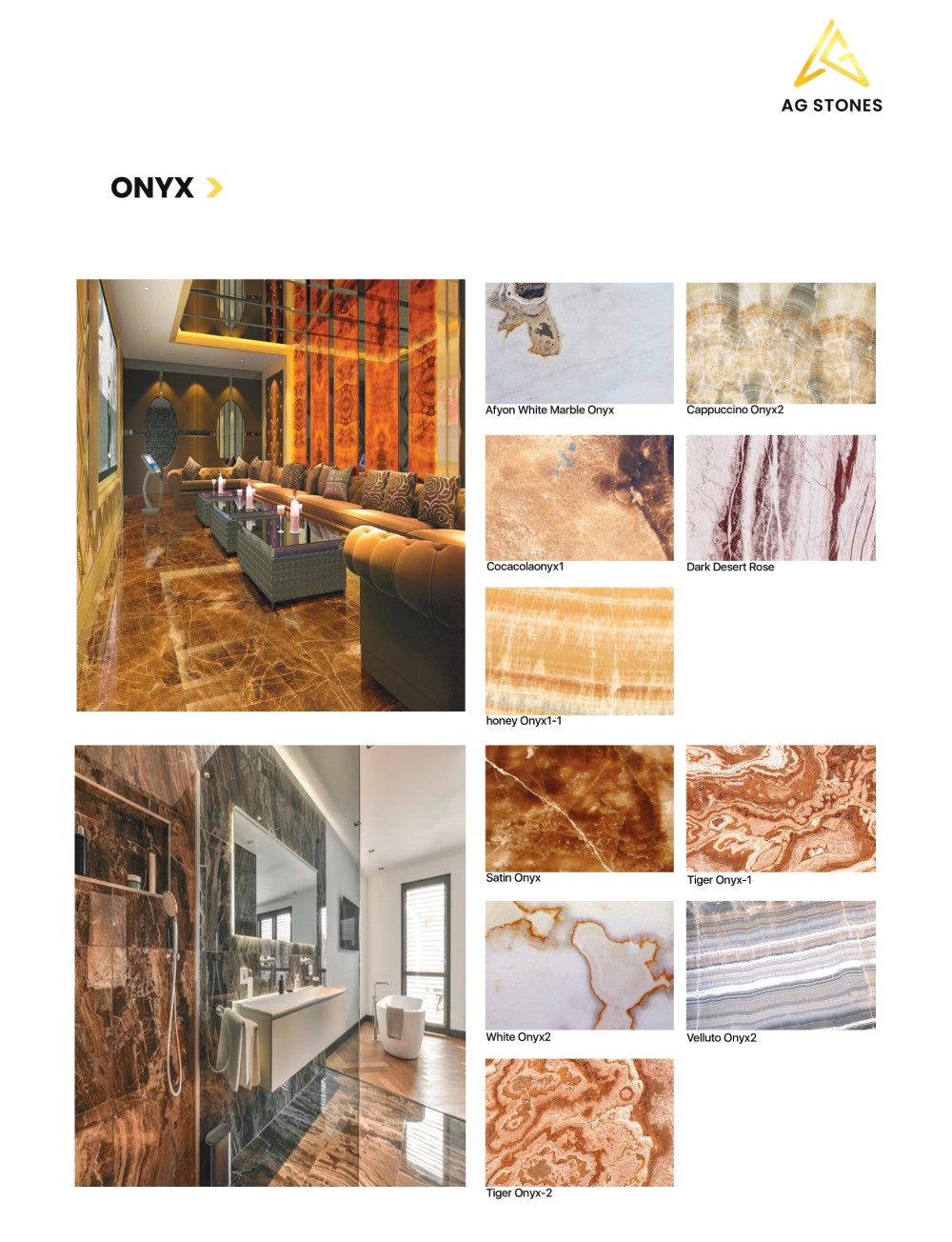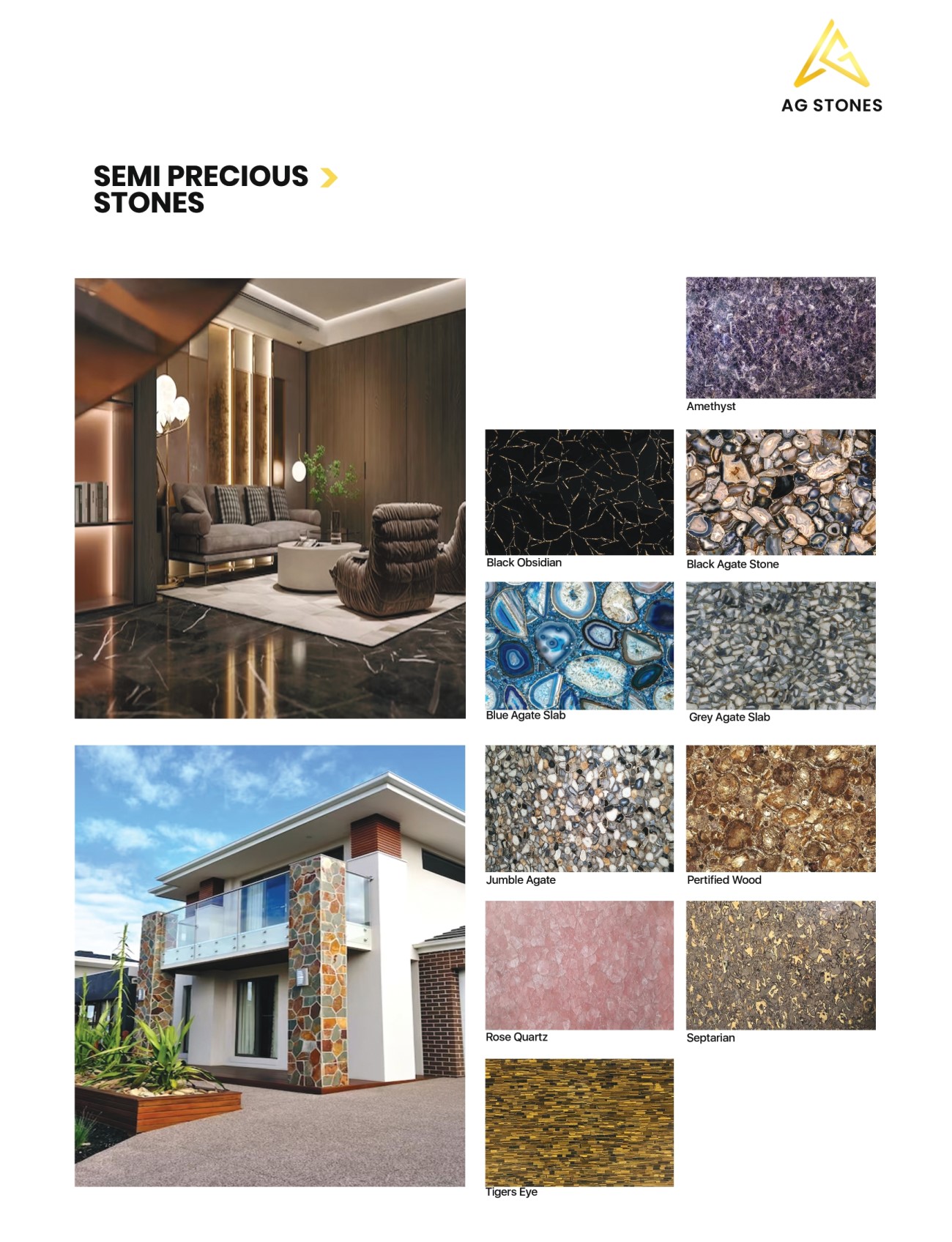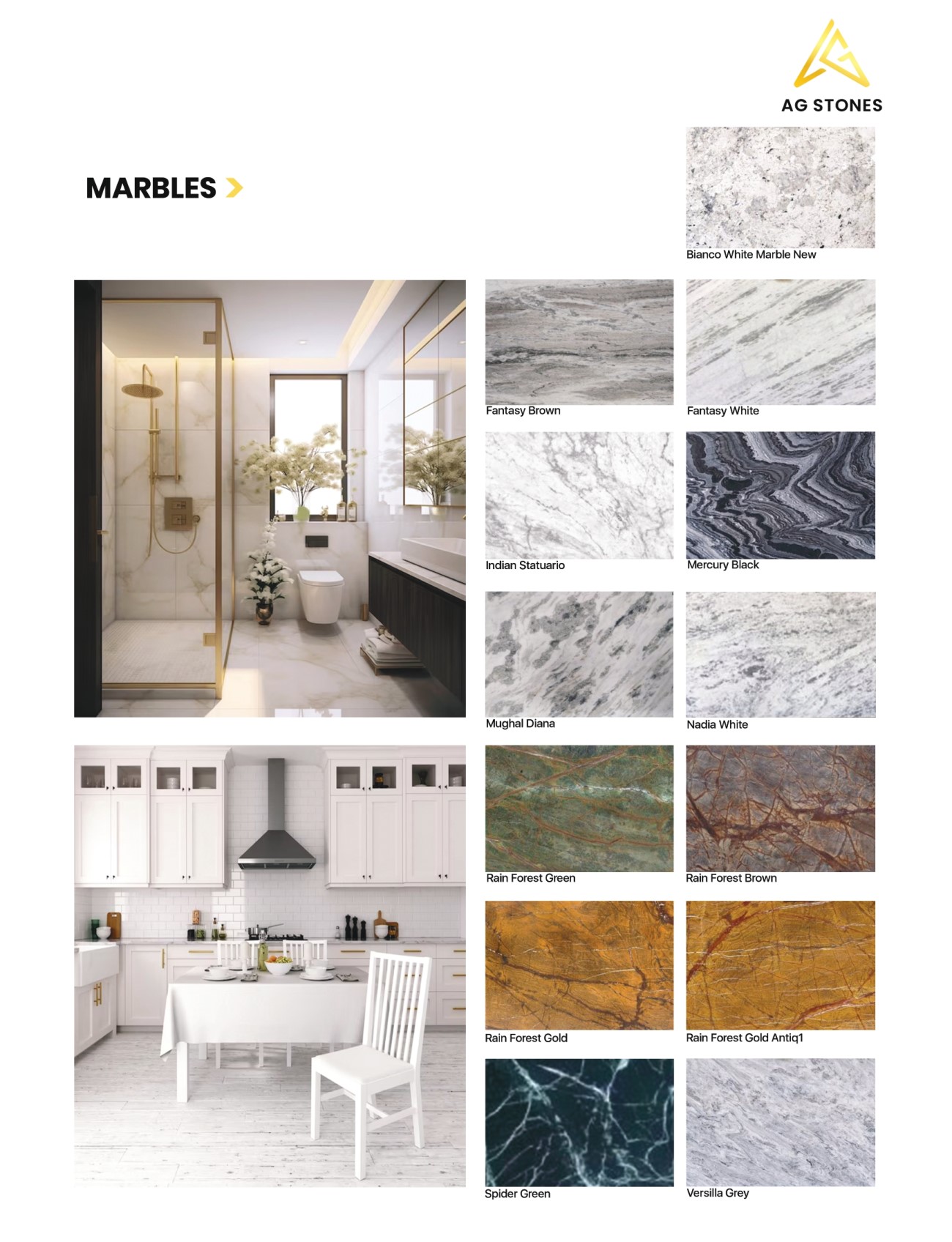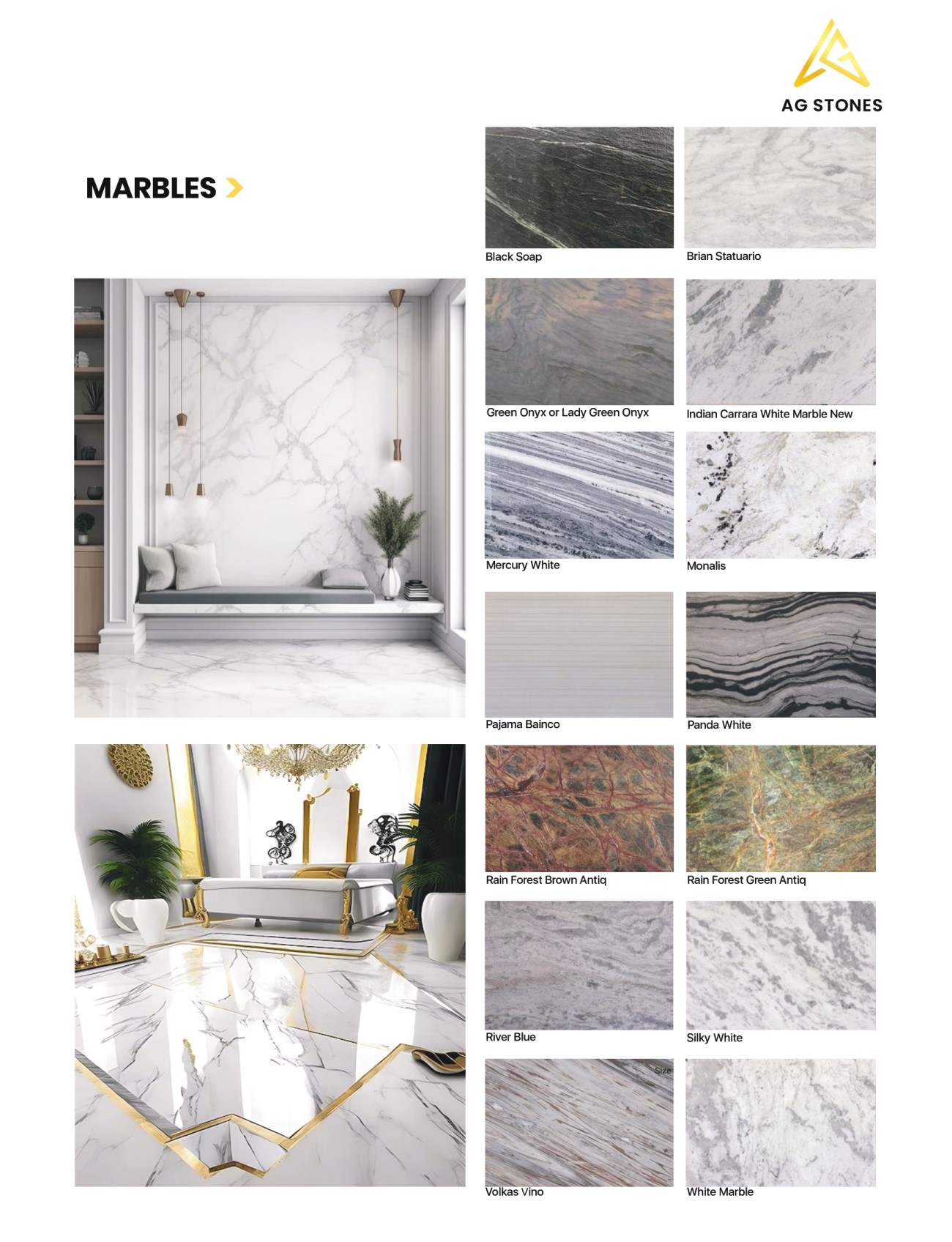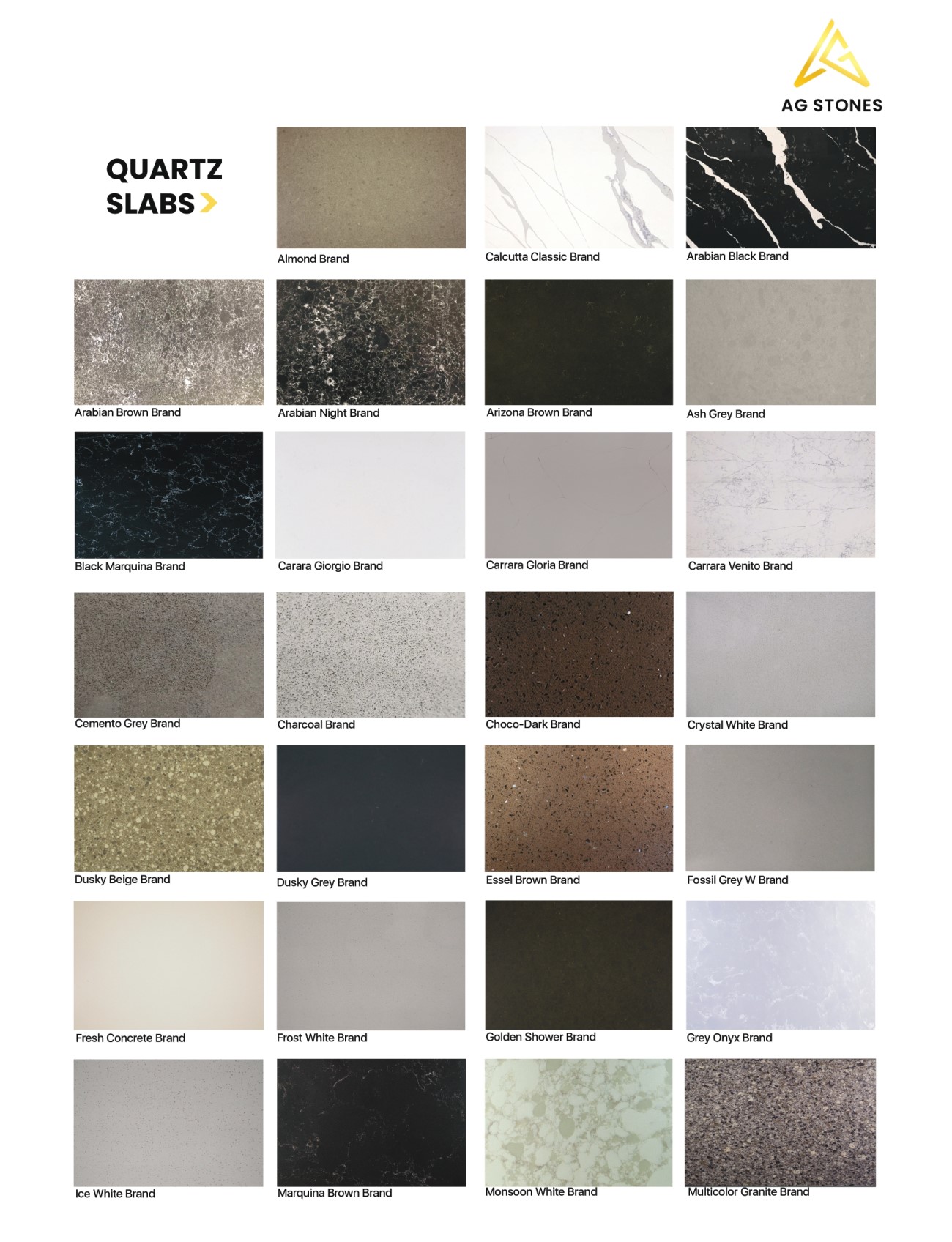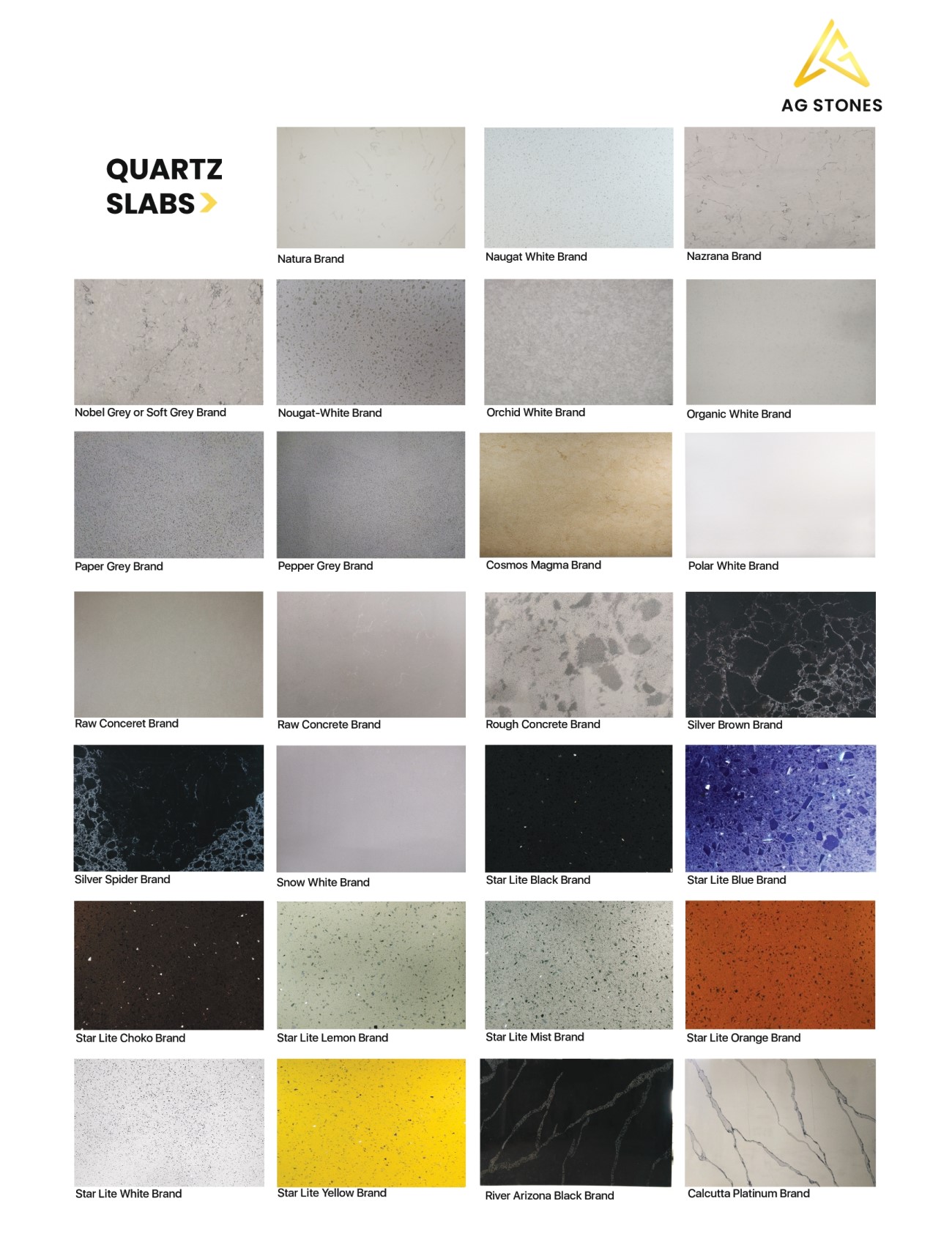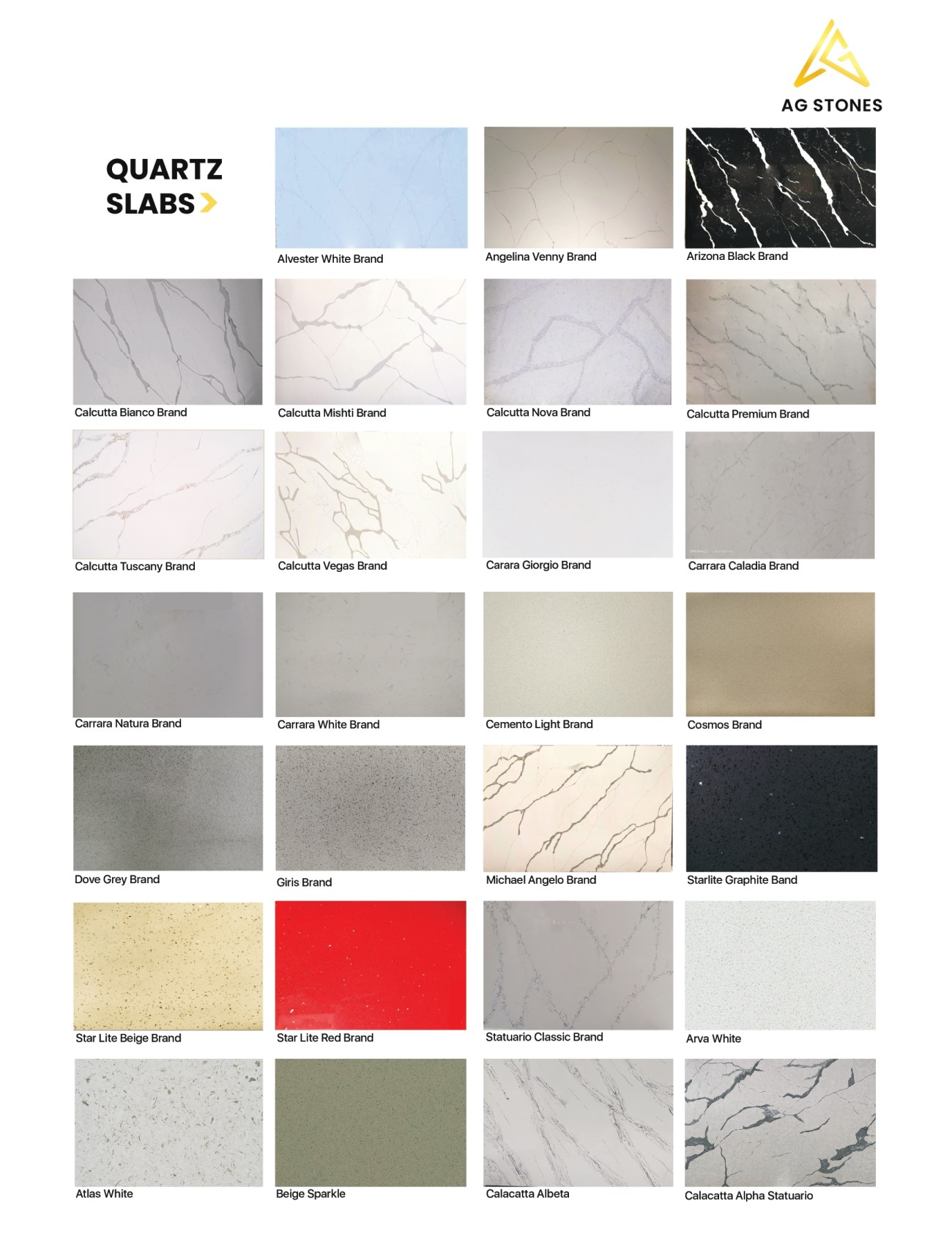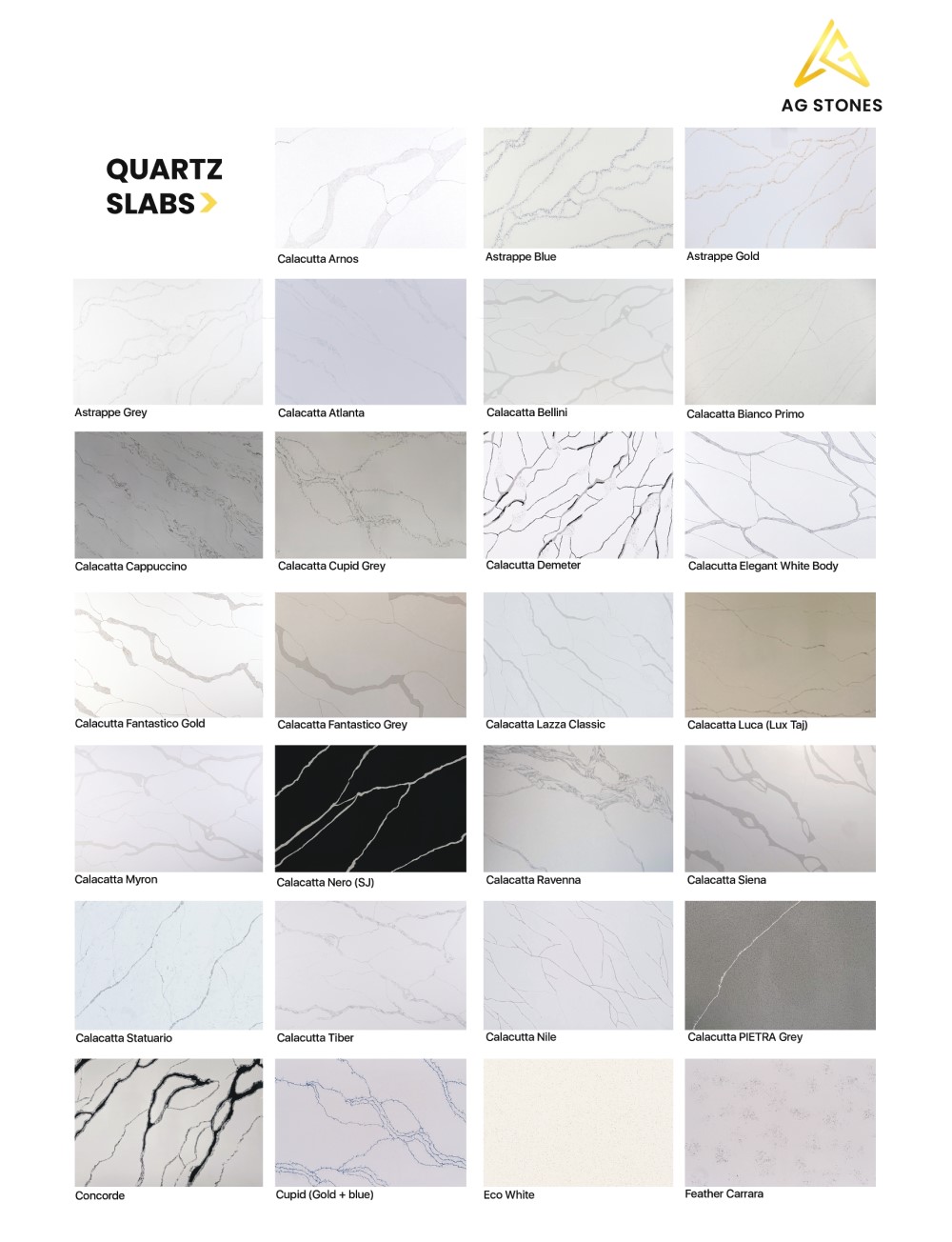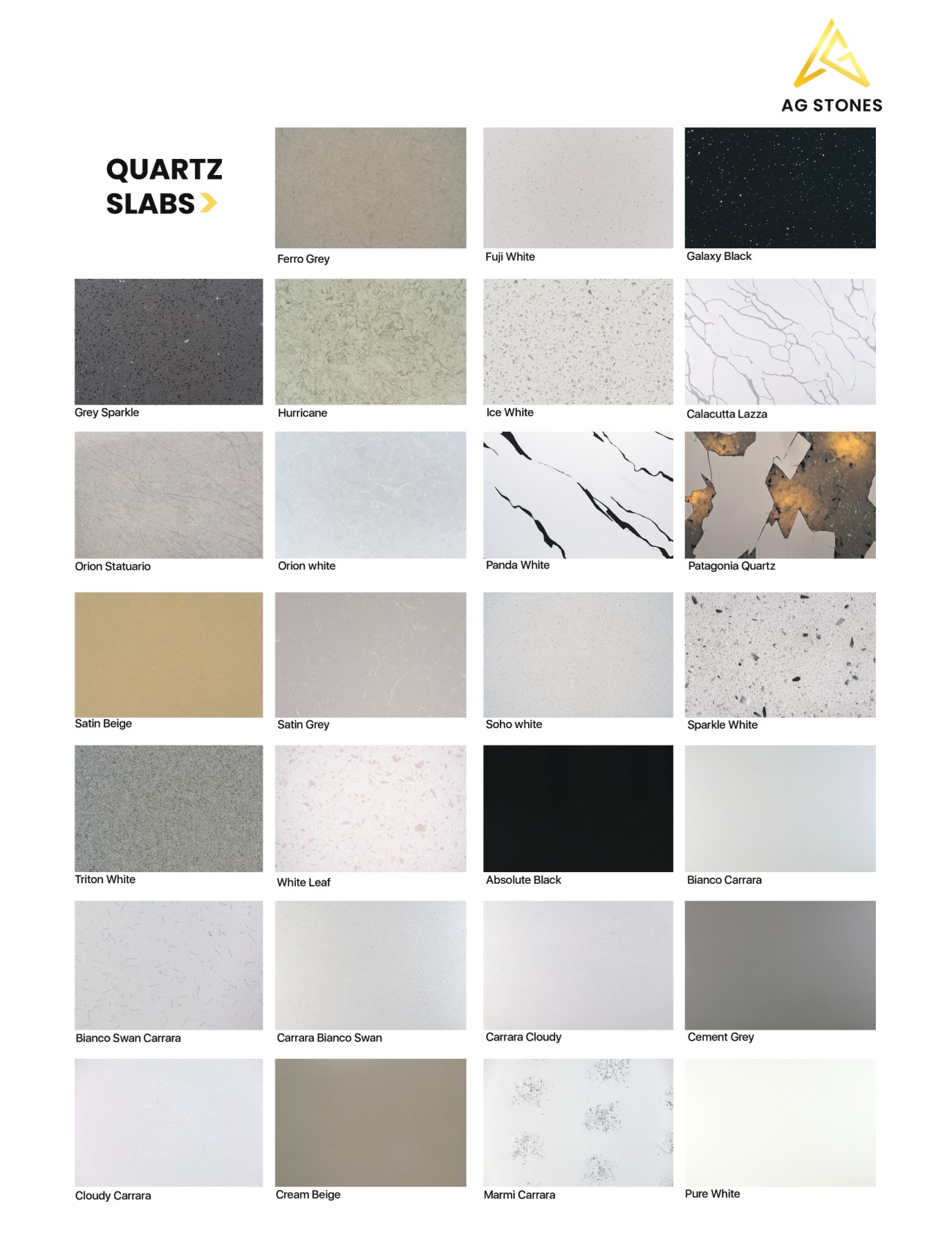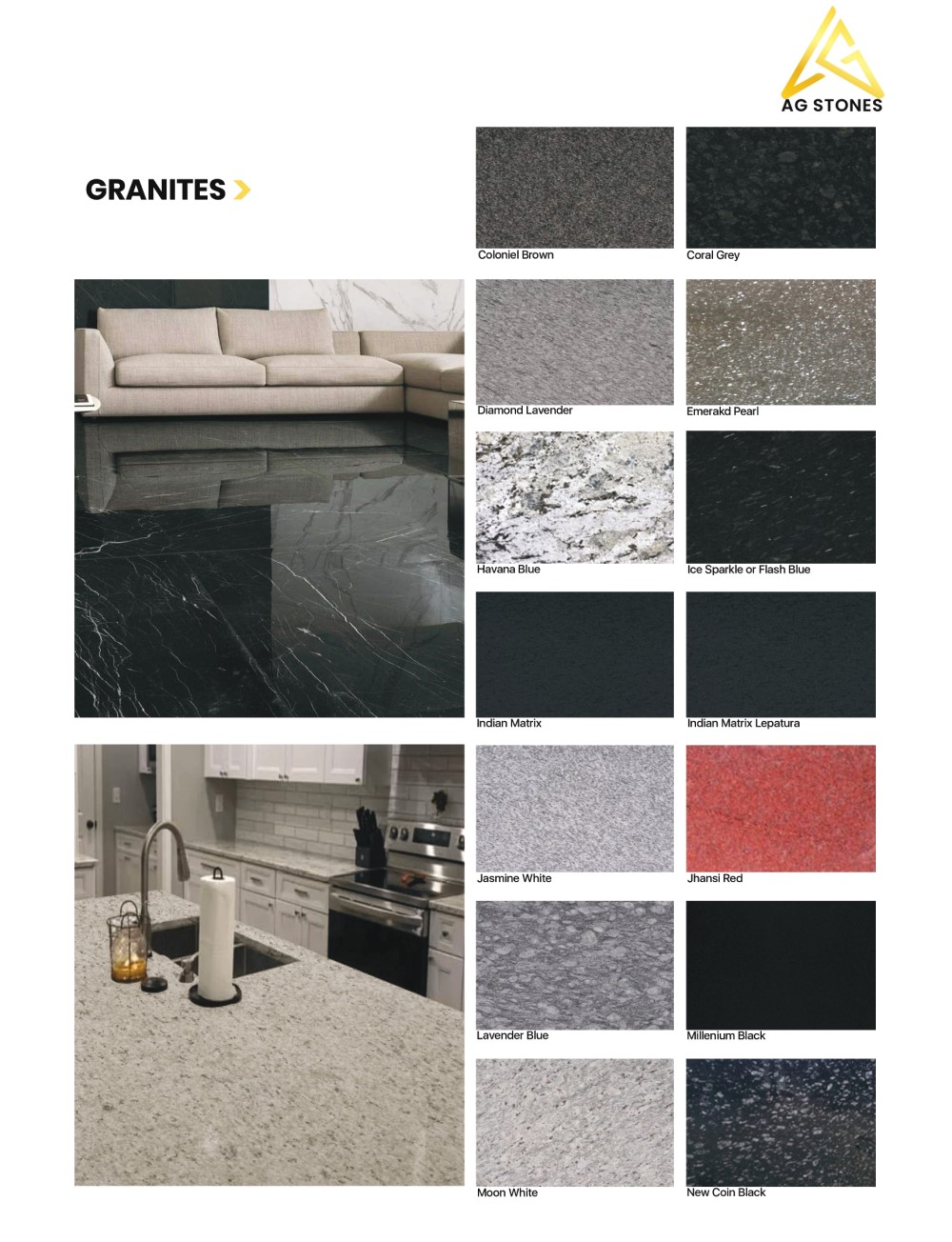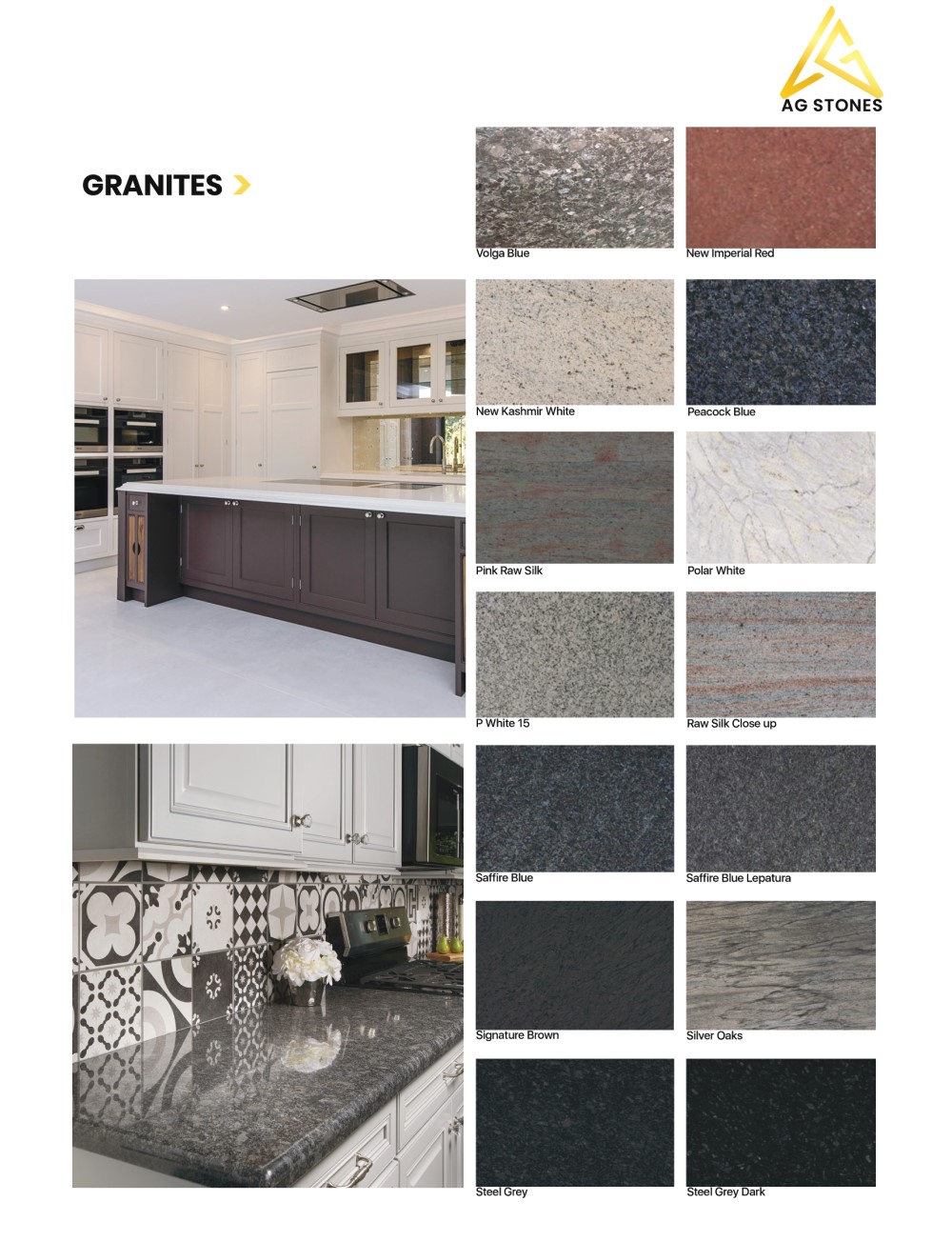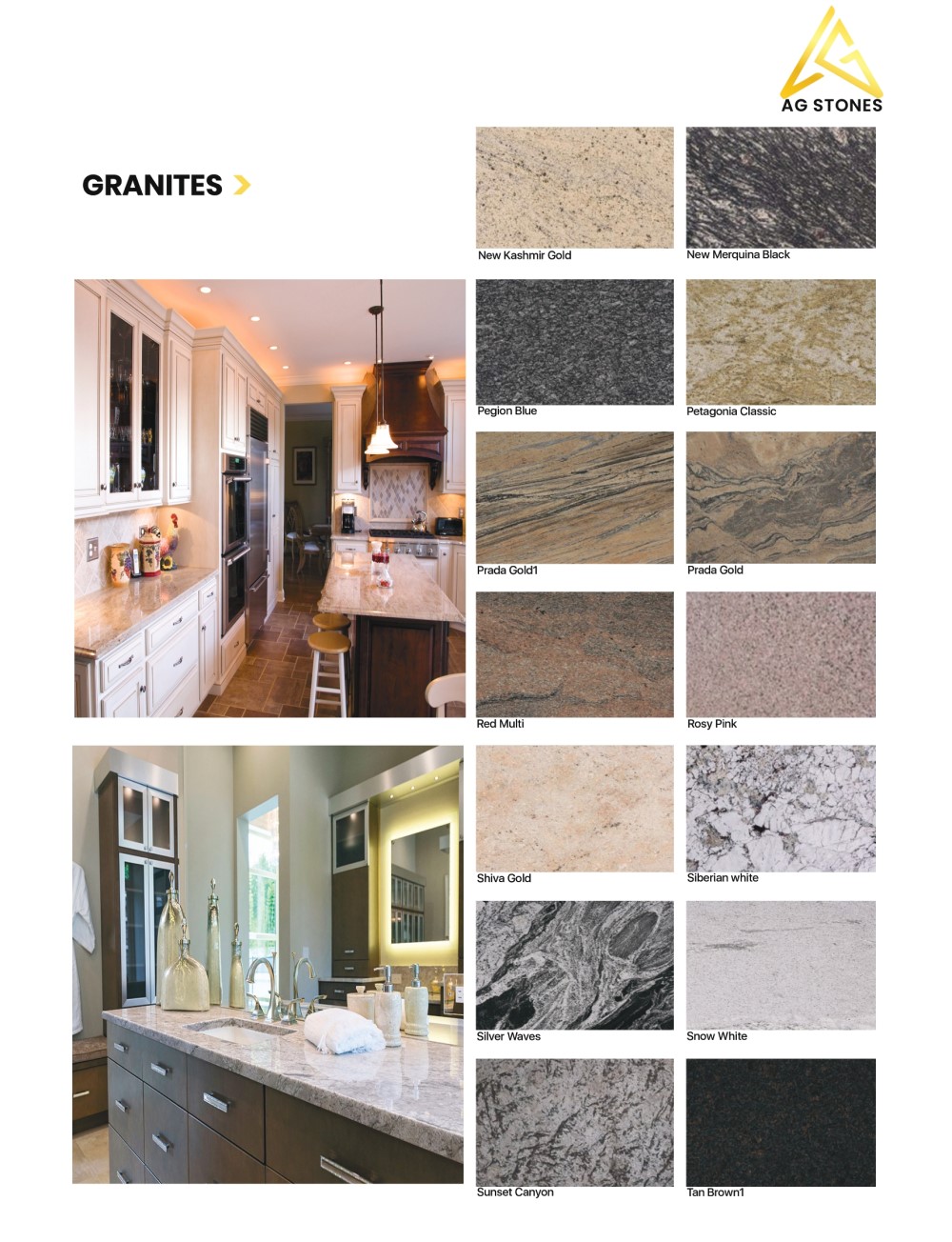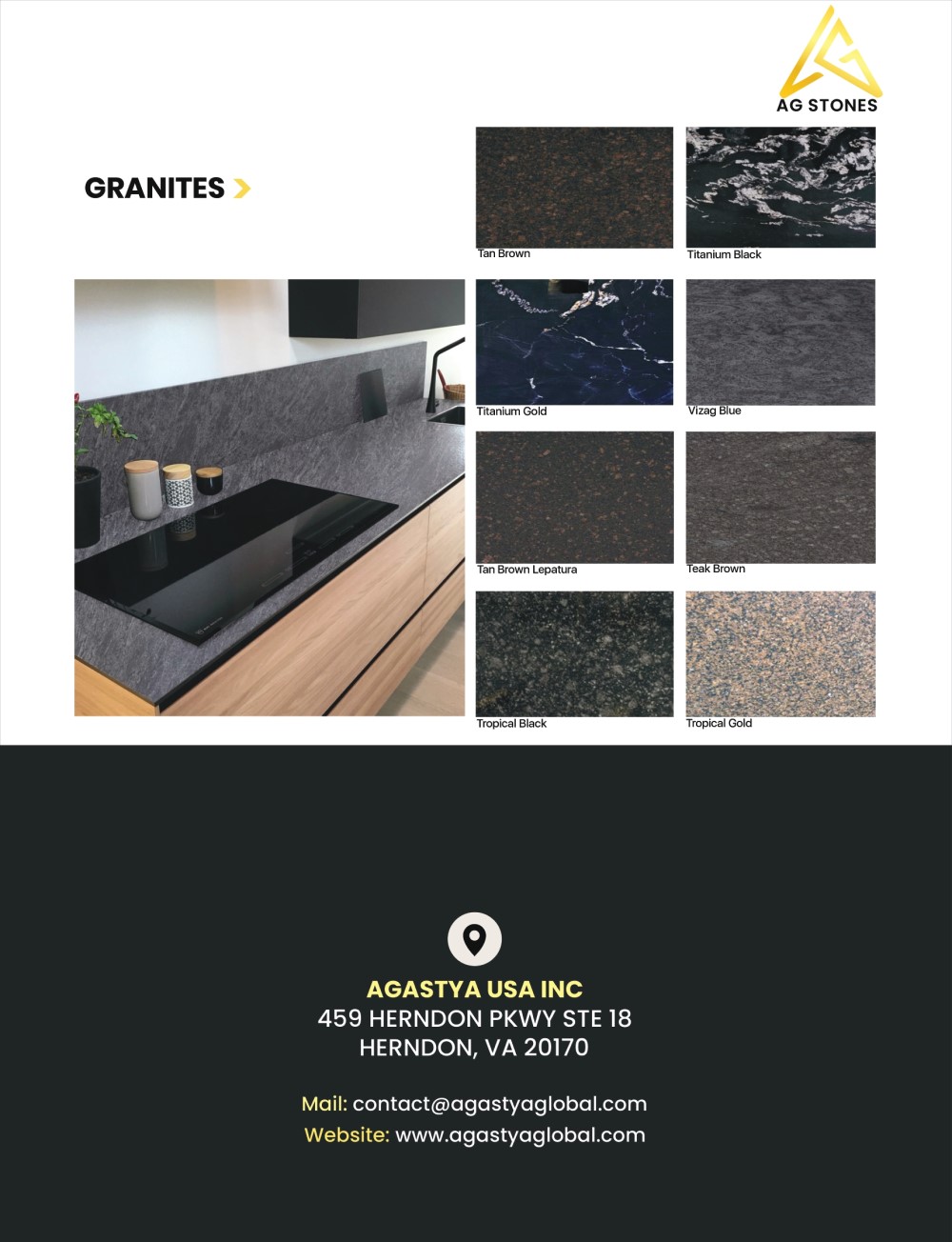1. What is quartz?
Quartz is a natural mineral composed of silicon and oxygen. In the context of countertops and surfaces, engineered quartz refers to a man-made product consisting of 90-95% crushed natural quartz crystals mixed with resins, polymers, and pigments.
2. Is the appearance consistent across each slab?
Slabs of the same color will exhibit uniformity. If you require multiple slabs, we advise acquiring them from the same production run, particularly for compact, monochromatic colors. While colors with more movement and patterns may display slight variations from one batch to another, some are intentionally crafted to feature a book-matched pattern. Analogous to baking a cake, when a color is produced using the same ingredients consistently, the outcome remains largely identical.
3. What are the advantages of choosing quartz over other countertop materials?
Quartz countertops are known for their durability, resistance to stains, low maintenance, and a wide range of colors and patterns. They are also non-porous, making them highly resistant to bacteria and easy to clean.
4. How do I clean and maintain quartz surfaces?
Cleaning quartz is simple. Use mild soap and water for daily cleaning. Avoid abrasive cleaners, and wipe up spills promptly. Quartz surfaces are low maintenance and don't require sealing.
5. Can I use quartz in outdoor applications?
No, quartz is not recommended for outdoor use as prolonged exposure to UV rays can cause discoloration. It is best suited for indoor applications.
6. Is it necessary to apply sealers to quartz?
Applying sealers to quartz surfaces is not recommended under any circumstances. Sealers are formulated to permeate the porous surfaces of natural stone, and since Quartz is nonporous, using sealers can result in stubborn residues that are challenging to eliminate and may eventually alter the finish.
7. What is the difference between quartz and natural stone countertops?
Natural stone countertops, like granite,quartzite or marble, are quarried directly from the earth. Quartz countertops are engineered using a combination of natural quartz crystals and resins. Quartz tends to be more consistent in color and pattern.
8. How many designs and sizes I can choose from?
We present an extensive array of diverse designs, continually expanding our portfolio each year by introducing new colors aligned with the latest trends and styles. By seamlessly integrating cutting-edge technology with exceptional quality, we strive to provide the most up-to-date designs, ensuring that you discover the ideal surface for your needs.Our slab dimensions are available in Standard size, measuring 56.6” x 120” (305 cm x 144 cm). Additionally, certain colors are offered in Jumbo size, measuring 64½” x 131½” (164 x 334 cm). Choose from two thickness options of 2 cm, and 3 cm, and explore a wide range of possibilities for edge profiles, shapes, patterns, and finishes.
9. Is quartz heat resistant?
While quartz is generally heat resistant, it's advisable to use trivets or hot pads to protect the surface from extreme heat. Avoid placing hot pans directly on the quartz surface.
10. What is the warranty on your quartz products?
Our quartz products typically come with a manufacturer's warranty. Please refer to the warranty section for more details or contact our customer service for warranty information.
11. Can I cut directly on quartz countertops?
It's recommended to use cutting boards to prevent potential damage to both the knives and the quartz surface. While quartz is durable, using cutting boards helps maintain the longevity of both.
